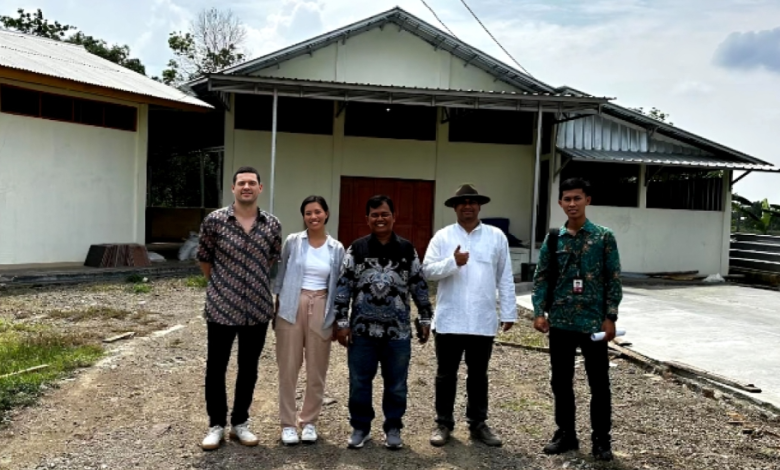Farm-waste energy firm Octayne raised $525K Pre-seed funding from Wavemaker Impact

In order to expedite its goal of utilizing Southeast Asia’s extensive agricultural sector as a primary feedstock for the creation of carbon-neutral fuel alternatives for energy production, Octayne Green Fuels (Octayne), a farm-waste to energy venture based in Singapore, announced on Wednesday that it had successfully secured a pre-seed investment of $525,000 from Wavemaker Impact (WMi).
In a statement, the company stated that the funds will be used to carry out pilot projects, enhance its technical platform and product, and assemble a specialized team with industrial and green energy project experience.
The energy market in Southeast Asia is expanding at a remarkable rate. Up the value chain, regional economies are likewise expanding quickly.
Nonetheless, the lack of financial support and other incentives has significantly impeded the widespread adoption of renewable energy technologies like wind and solar power, with coal serving as Southeast Asia’s main growth engine.
In the near future, it is anticipated that this trend will continue as the region’s energy companies continue to add new coal-based capacity beyond 2030 in addition to maintaining their current coal-plants.
With little in the way of technological or logistical disruption, Octayne believes there is a chance to supply this industry with an inexpensive, readily scalable, and carbon-neutral alternative fuel that can take the place of coal.
The company plans to utilize the region’s incredibly vast agricultural sector, which produces over 400 million tons of post-harvest crop residue annually, to transform largely wasted biowaste into a sustainable and renewable fuel source.
Through educating the public about the importance of sustainable farm waste management techniques, Octayne also seeks to address the growing issues related to crop residue burning, which has recently resulted in choking haze engulfing the region’s cities.
The high cost of production facilities and the dominant market positions of foreign and state-owned oil giants in the region are known to present challenges for sustainable fuel companies.
By developing a decentralized, inexpensive, small-footprint operational model that is readily scalable across rural regions with inadequate logistical infrastructure, Octayne sees a chance to overcome this.
According to the company, it will also collaborate closely with the major energy companies in the area to develop a dependable supply chain model that will enable them to achieve their long-term sustainability objectives without further taxing their budgets.





